|
Earth Day is a yearly celebration founded by Senator Gaylord Nelson in 1970. It is celebrated worldwide every April 22nd, and this year’s theme is “Invest In Our Planet.” The objective of Earth Day is to promote environmental awareness and respect for life on the planet. It is essential to do our part all year long and to move toward a more sustainable environment and a healthy future for the earth. Globally, more wineries than ever before are contributing their efforts to maintain sustainable practices in the vineyard and wine production. A chemical-free environment, careful use of energy, water conservation, and best use of the environment are becoming the focus. Many wineries are turning to organic farming and replacing the use of pesticides, fungicides, artificial chemical fertilizers, and herbicides with alternative measures that promote respect for the grape and its environment. Every country, state, and region has its own rigorous requirements for sustainability and organic farming certifications. In addition to these practices, carbon footprint reduction and biodynamic practices are other methods used in grape growing and wine production. A carbon footprint is the total amount of greenhouse gases (including carbon dioxide and methane) generated by our actions. Rethinking packaging, using solar power, and lowering CO2 emissions are among the many measures wineries are adopting. Biodynamics is a method of farming based around a specific astronomic calendar focusing on the rhythms of nature. It combines a holistic, ecological, and ethical approach in cultivating grapevines. With absolutely no partiality or intent to exclude other countries, let’s look at several viticulturists and wine producers in Chile, Italy, Spain, and Oregon State to see how they contribute positively to our planet. Chile In 2011, Chile formalized its dedication to sustainability and developed the award-winning Sustainability Code for the Chilean Wine Industry (SCWI) or Código de Sustentabilidad de la Industria Vitivinícola Chilena. The world’s most wide-ranging wine sustainability code, SCWI, has served as an inspiration for numerous other countries and wine regions. SCWI features 351 individual requirements divided into four categories: Viticulture, Vinification & Bottling, Social, and Wine Tourism. In the ten years since its inception, SCWI has been adopted by all the country’s leading wine producers and accounts for 80% of Chile’s bottled wine exports. Emiliana Organic Vineyards, a pioneer in Chile, is one of the world’s largest organic and biodynamic wine producers. In commemoration of Earth Day, Emiliana is calling for a joining of forces to protect and reaffirm its responsibility to the planet through these eight commitments that they follow:
3. Conserving Biodiversity in the vineyards 4. Reducing Carbon Footprint 5. Reducing Energy Consumption 6. Reducing Water Consumption 7. Minimizing the environmental impact of Supplies 8. Minimizing the Generation of Waste and increasing Recycling Among other things, Emiliana has 91 organic vegetable gardens for its employees, with many participating in collective growing to provide healthy food for their families. Viña Tarapacá estate, farmed since 1874 in Isla de Maipo, is Chile’s traditional vinous heart and is known for its diverse soils that enable it to grow an array of grapes successfully. In addition, Viña Tarapacá has a powerful sense of environmental friendliness, submitting to the highest international quality standards and certifications. Viña Tarapacá planted more than 11,000 native trees and shrubs to restore the natural environmental balance and reconnect the biological corridors between the Altos de Cantillana mountains and the River Maipo through the estate’s 5,000 acres of vineyards. “In 2016, we launched our mini hydroelectric plant. This is a renewable energy project to take advantage of the irrigation canal water fed by the Maipo River present in the vineyard to generate electricity for the operation of our winery’s vineyard. It is capable of generating 250 kWh of energy, which represents 60% of the electricity consumption of the winery.” Italy Albino Armani Winery has been making wine since 1607. Today, the family project boasts five privately owned estates composed of 330 hectares of vineyards. The family vineyards are situated in three major Italian wine-growing regions: Veneto, Trentino, and Friuli-Venezia Giulia. Albino has a strong bond with the land, and he says, “Sustainability = Viticulture and Social Responsibility.” He adds, “I believe that for me to possess this concept of sustainability, it is fundamental to belong to a territory and feel it as my own.Consequently, sustainability must be shared by all the players, and its promotion must have an impact and be spread out all over the territory, also involving the various administrations. There has to be a great conversion in farming methods, etc. And the effort must be shared by the entire community. There has to be a widespread notion of defending the ecology, a notion which is concrete and tangible, and which leads to a common result.” All of the Albino Armani vineyards since 2019 have been given the SQNPI certification. This national certification aims to help agricultural ecosystems monitor and reduce environmental impact, reducing the use of synthetic chemicals and rationalizing all agronomic practices such as fertilization and irrigation. Spain Dominio de Punctum is a family-owned winery that dates back to 1905 and is located in the province of Cuenca near central Spain. Oenologist Ruth Fernandez is one of three siblings who own and manage the winery. Ruth got her degree in Viticulture and Enology and is passionate about caring for the land. And so, they have been farming organically since 2005 and became biodynamic in 2010. “Punctum is committed to delivering unique, value-added products. We aim to achieve this through organic and biodynamic agriculture, making wine that stands out not only for the beauty of its aroma or delicacy on the palate but also for being natural and authentic, and free of any chemicals. We take part in a farming philosophy that is aimed towards the future: we understand how to manage nature to deliver top-quality grapes and wines while taking care of the environment by improving it instead of spoiling it. Our wines are organic, biodynamic, and vegan-friendly, following our commitment to the environment and wine lovers around the world.” – Jesús, Ruth, and Cristina Fernández. Oregon – USA J. Christopher Winery, located in northern Willamette Valley, Oregon, is owned by well-known winemaker Erni Loosen, creator and owner of Germany’s Dr. Loosen and Villa Wolf estates. Following his passion for Pinot Noir, Erni set his sites on J. Christopher, eventually purchasing 40 acres and planting the Appassionata Vineyard. Ernie and his team are proactive when it comes to sustainability. Maintaining healthy soil and vines is a priority. Biodiversity and minimal impact is practiced in the vineyard, and the winery is designed for energy efficiency. The below-ground pre-cast concrete caves use no energy for temperature control – they stay naturally cool and humid, creating the ideal environment for maturing wines. Concerning sustainable farming, this is what they have to say. “In both our Appassionata Vineyard and the Medici Vineyard, which we lease and manage, we farm organically. There are no pesticides or chemical fertilizers used in our vineyards – only organic soil amendments, including compost made from our own pomace. Our winemaking practices generally follow the biodynamic calendar and practices, trusting nature to do much of the work. We strive to minimize waste in our tasting room and all aspects of wine production. All glass, metal, and cardboard are recycled. Even the process water from the winery is filtered, aerated and returned to the earth.” Here is a selection of wines from each of the mentioned wineries. Viñedos Emiliana Coyam 2018
Grapes for this wine are sourced from the Colchagua Valley and are a blend of eight varieties of organic grapes, with Syrah and Carmenere dominating. It is aged 14 months in 80% French oak (mix of new barrels and second-and-third use), 16% in 2,000- and 5,000-liter foudres, and 4% in concrete eggs. Nose: Ripe red berries, herbs, baking spice, and a touch of earth Palate: Cherry, raspberries, blackberries, juicy plum, and spice. Complex, smooth, and a long finish that is good to the last drop! Alcohol: 14% SRP: $35 Pairings: Roasted or grilled meat and chicken, vegetable casseroles, pizza, or grilled salmon. Viña Tarapacá Gran Reserva 2019 Made with organic grapes, this is a five variety blend with Cabernet Franc and Syrah dominating. Grapes are sourced from the D.O. Maipo Valley. The wine is aged for 12 months in American and French oak barrels (20% new, 80% used), and the remaining 25% of the wine is kept in stainless steel tanks to retain the primary fruit component for the final blend. Nose: Floral, red and dark fruit, cherry, plum, spice, and vanilla. Palate: Rich and smooth with dark cherry, blackberries, plum, baking spice, and pepper. It is beautifully balanced with a long finish. Alcohol: 14% SRP: $20 Pairings: Grilled meat and chicken, seared tuna, aged cheese, or pasta. Albino Armani Prosecco Rosé DOC Extra Dry Millesimato 2020 This sparkling wine is certified sustainable with 90% Glera and 10% Pinot Noir sourced from vineyards in Alta Grave Friulana. It is produced using the Charmat method with second fermentation in tanks for a minimum of 60 days. Nose: Lovely floral, berry, and cherry aromas. Palate: Creamy and fine perlage with red berries, cherry, a hint of apple, and nice acidity. Alcohol: 11% SRP: $15.99 Pairings: Drink as an aperitif or with appetizers, light pasta dishes, mushroom risotto, seafood, or cheese. Albino Armani Pinot Grigio Colle Ara Valdadige TerradeifortiDOC 2020 The grapes for this 100% Pinot Grigio are sourced from certified sustainable vineyards on ancient terraces on the Colle Are, in the southern part of the Adige Valley in the Veneto region. Extended maceration on the skins gives this wine a pink/copper hue. The wine is aged in stainless steel tanks and partially in wood until bottling. Nose: Enticing aromas of floral, stone fruit, tropical fruit, golden delicious apples, and citrus. Palate: A juicy explosion of peach, apricot, lemon, orange zest, vibrant acidity, and minerality entertain the palate. Beautifully structured. Alcohol: 13% SRP: $21.99 Pairings: Enjoy as an aperitif or serve with seafood, shellfish, grilled chicken, vegetable risotto, or charcuterie board. Punctum Petulante Pét Nat White 2020 The Pét-nat line was introduced in 2021 to highlight the winery’s ability to take natural sparkling wines a step further with organic and vegan winemaking processes. The grapes are 50% Sauvignon Blanc and 50% Viognier sourced from organic vineyards in the province of Cuenca near central Spain. Nose: Floral and citrus notes. Palate: Aromas segue onto the palate with green apple, honeydew, and a touch of minerality. Alcohol: 13% SRP: $22 Pairings: Enjoy as an aperitif or serve with light fare. J. Christopher Estate Vineyard Pinot Noir – Rock Blocks Selection 2018 This wine is a three-barrel, limited cuvée selection of organically grown Pinot Noir grapes from the Appassionata vineyard. It is a blend of fruit from the rockiest parts of the vineyard that have thin volcanic clay topsoil over fractured basalt bedrock, which contributes to the wine’s firm structure, brambly fruit, and good texture. It was aged for 18 months in barriques (25% new.) Nose: Dark berries, cherry, wet stone, a touch of floral and spice. Palate: Lush, dark berries with lots of dark cherry, minerality, and spice. Smooth and well structured with a long finish. Alcohol: 13.5% SRP: $60 Pairings: Grilled meat, chicken or fish, stews, mushroom quiche, or roasted root veggies. I’ll end this article with two quotes. “You cannot get through a single day without having an impact on the world around you. What you do makes a difference, and you have to decide what kind of difference you want to make.” – Jane Goodall “Progress is impossible without change, and those who cannot change their minds cannot change anything.” – George Bernard Shaw Please do what you can to keep the earth turning in a positive direction! Until next time… Cheers! Penina This article was originally published to Santé Magazine. To leave a comment or if you have an inquiry, please contact me at [email protected] Comments are closed.
|
Categories
All
|

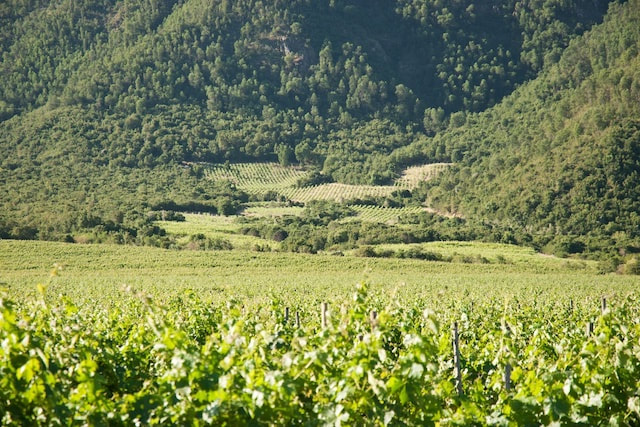
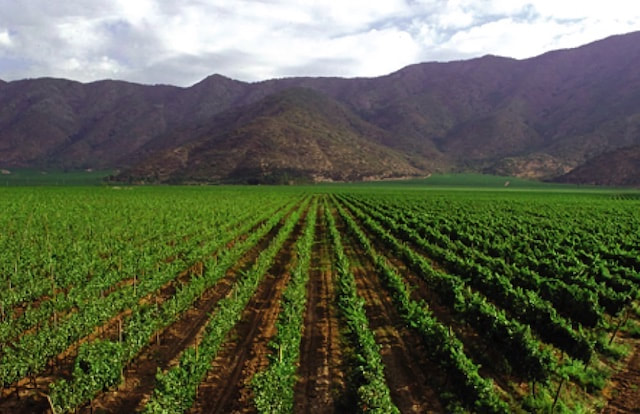
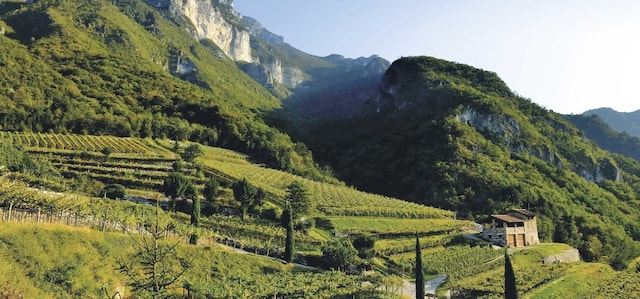
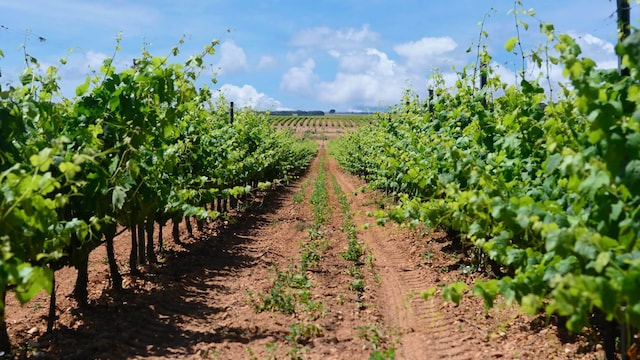
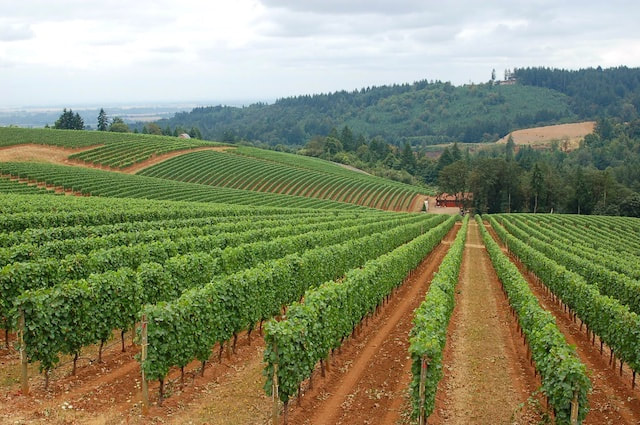
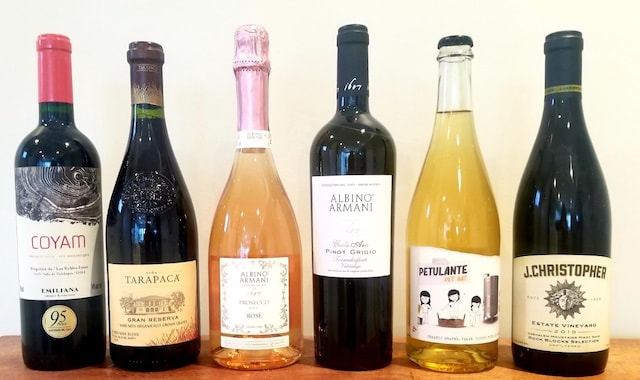
 RSS Feed
RSS Feed